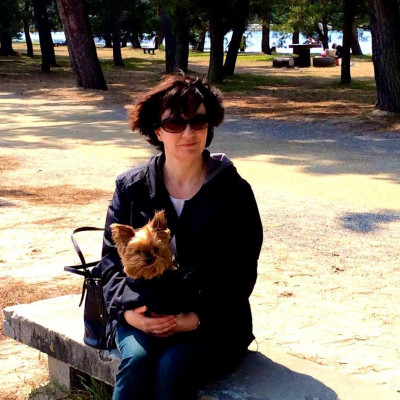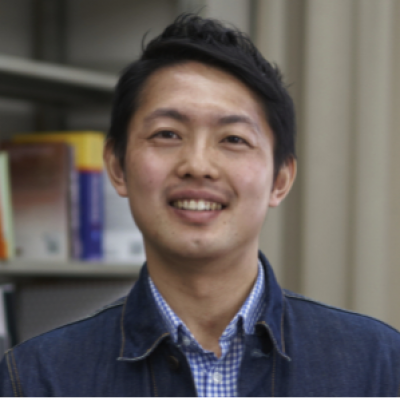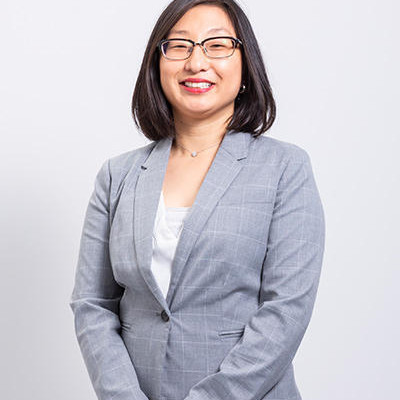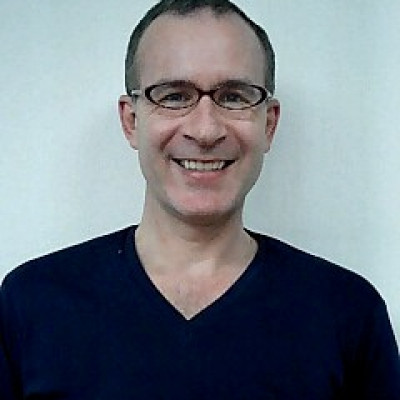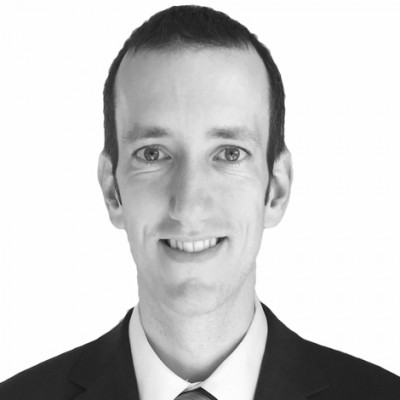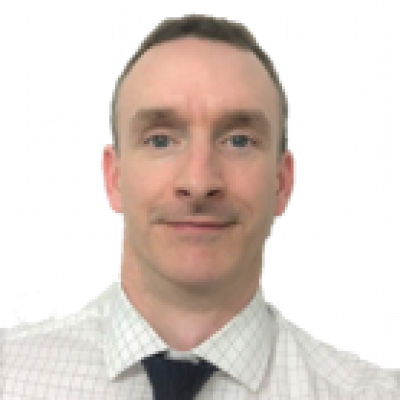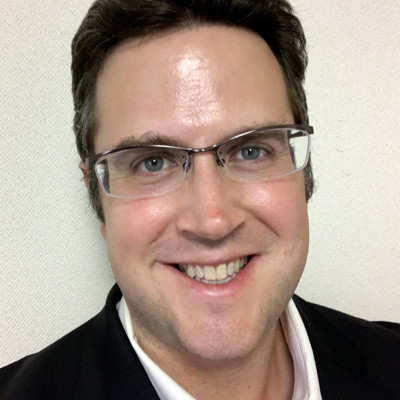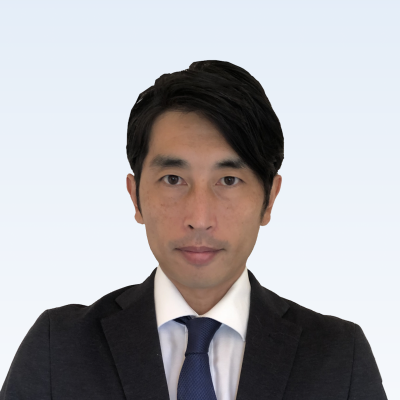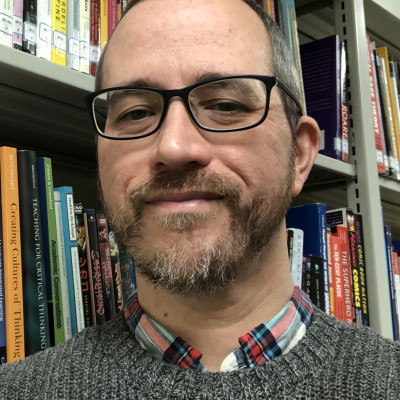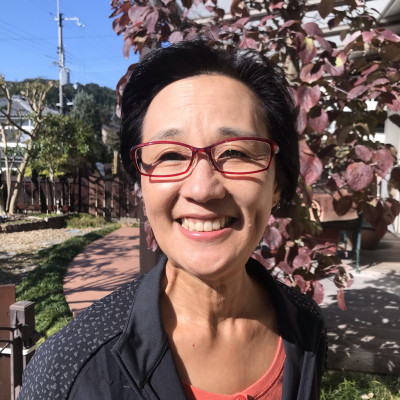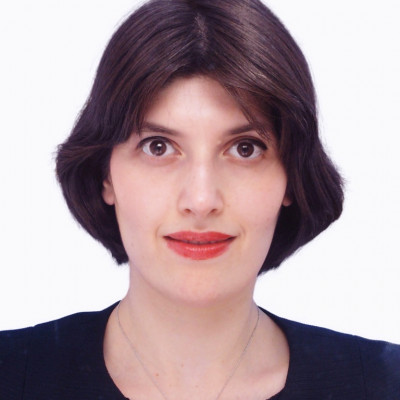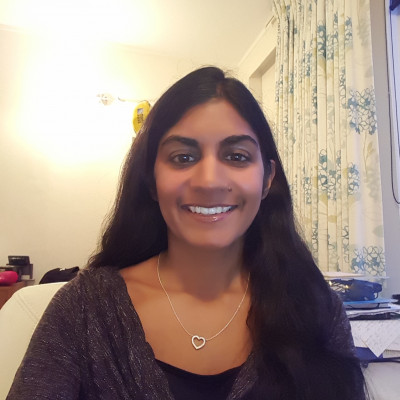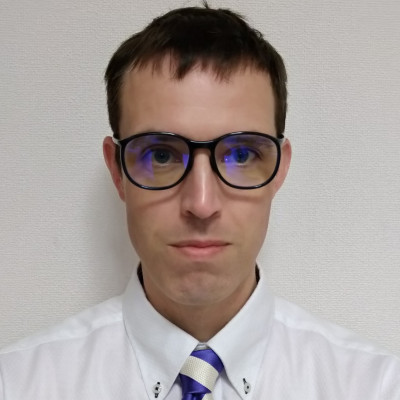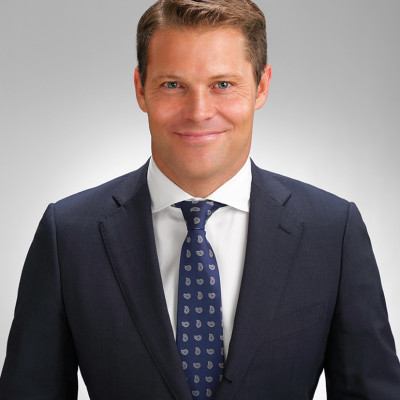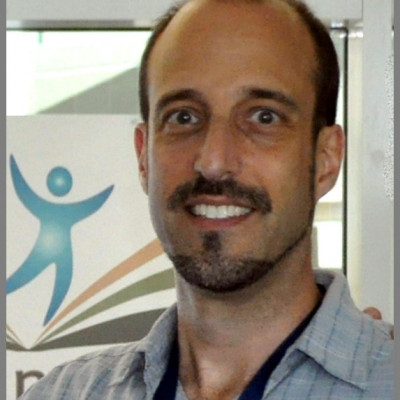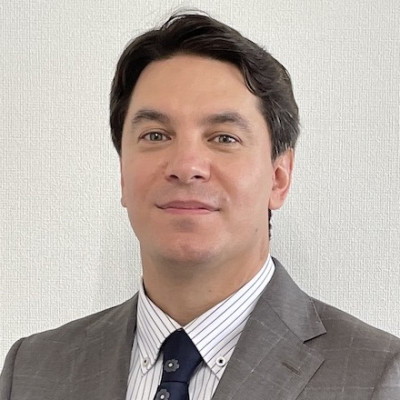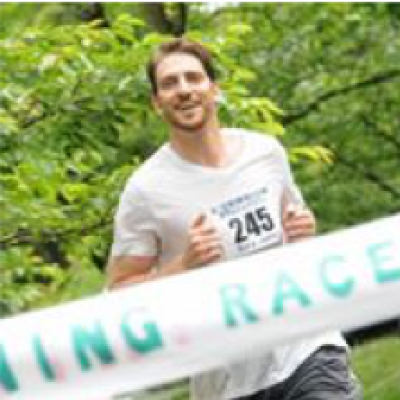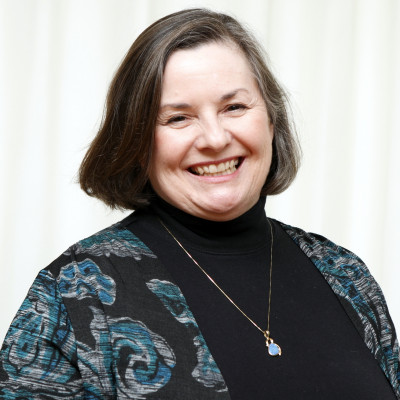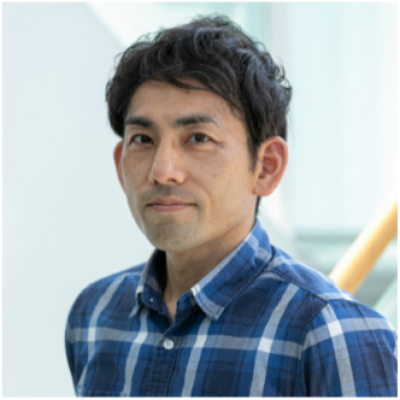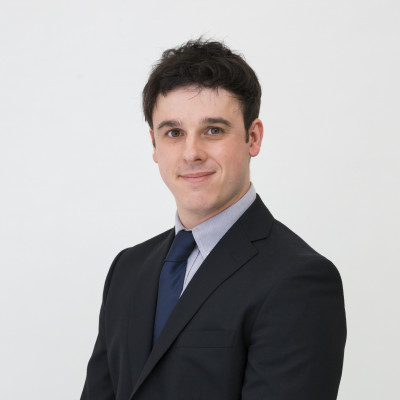Sessions / Location Name: Auditorium HYBRID
Hybrid Location
Location: Auditorium
Building: Miwa Campus Building < The University of Nagano
Virtual: You cannot enter virtually via this page. Click on the titles of individual presentations or go to the Live Page
Auditorium Test #3294
You can test the Zoom link for the Auditorium here. (The Auditorium camera is not switched on yet!)
Online Lounge #3289
Meet online participants and prepare for the day.
Opening Ceremony #3290
Welcome to PanSIG2022!
The Well-Balanced Individual: A Challenge for Educators #3120
On an individual level, a key purpose of education is to bring forth the latent abilities that exist in each person. On a societal level, a primary purpose is to contribute to the emergence of an ever-advancing civilization. These purposes are intimately related and can be achieved when individuals act on the basis of an evolving set of knowledge and skills that has practical and beneficial applications, positive emotional health, an ethical foundation in which the welfare of others is important, and an ability to think creatively. Although foreign language teachers are primarily responsible for supporting their students in their efforts to perform the challenging task of acquiring an additional language, foreign language classrooms can--and arguably should--be the site of more diverse types of learning that help learners develop their innate abilities in ways that touch on four aspects of what it means to be human: cognition, affect, ethics, and creativity. These four overlapping aspects can be embedded in language-learning tasks in ways that can potentially lead to cognitive development, the healthy expression of emotion, ethical thinking, and new and interesting angles on ideas and ways of acting in the world.
EnglishCentral: Moving Beyond from an EdTech Tool to your Personal Virtual Assistant #3288
This presentation is focused on new features, improvements and the future EnglishCentral is heading into, on how it would stimulate further and keep the users engaging with the software tool, while also keeping up with the rapid evolution of technology. The factors that formulated the changes, enhancements and future plans are based on the accumulation of various study-pattern data and feedback from schools and companies that have been regularly using EnglishCentral. Most of the details and information gathered were on increasing or improving the speaking-related features. Better scoring, more about what is spoken in an intelligible English language, and allowing to provide one’s viewpoint on a topic with an assessment through AI or from actual professionals teaching English. Consideration of users’ comments and feedback relating to EnglishCentral has helped build and improve the software tool based on their needs and wants, making sure their learning experience of the English language is productive and effective.
How to Create an Online Textbook or Workbook #2656
Though there are countless online resources such as Google Forms, Quizlet and Flipgrid, none of these are a viable commercial means for creating online textbooks or workbooks. Moreover, though materials writers may be adept at writing books, very few of them have the coding skills to turn their vision into an online reality.
The Materials Writers SIG is delighted to have Paul Raine from the digital platform ZenGengo, Elton LaClare from Sojo University, and John Carle from The English Gym series, speak about creating digital materials.
In this presentation, Paul Raine will talk about how individual writers and publishing companies can use a publisher’s version of the ZenGengo platform to create marketable online materials. Elton LaClare will relate the process of creating an online textbook for the Sojo International Learning Center at Sojo University. John Carle will outline how he created digital workbooks to supplement his textbooks.
The speakers will also address in detail, how to bring these online resources to market. They will explain how students can purchase materials directly online or through university bookstores using scratch cards.
This forum is meant for any educator, writer, or publisher who is interested in creating their own online textbooks or workbooks. There will be an open Q&A session at the end, so please be sure to attend if you are interested in this aspect of materials creation.
Critical Thinking SIG Forum #2650
This year's PanSIG CT SIG Forum will focus on critical thinking and concrete ideas you can take back to your classroom to integrate critical thinking into your curriculum. We will be hosting multiple presentations on this subject and hope that you can join us for an information-filled forum with critical thinking ideas for you and some lively discussion.
(Re)framing Mindsets/Attitudes to English Use in Japan #3121
"We are Japanese, our common language is Japanese so why should we speak to our peers in English?" This an oft heard refrain from not only my learners but also in society at large. While this might be true to a degree, in this presentation I will suggest some reasons why this might not be quite the right attitude towards gaining proficiency and may hold a key to Japan's stagnant global English proficiency rank. I will share some of the insights into what I learned during my work over the last several years with teachers and young learners in Nepal and in the Philippines. Both countries have fought, debated and glorified the role and impact of English, but have nonetheless claimed it as one their own. Japan has fought, debated and glorified the role and impact of English, but has not yet claimed it as one of their own. A small shift in perspective in our classrooms and in our teacher-training programs might go a long way in developing an "English-user" identity. In this brief talk, I hope to provide a few illustrations of how I came to this realization and how it might impact how we teach, the resources we use, and how our learners learn.
Online Lounge #3291
Meet online participants and prepare for the day.
Reimagining Technology-Enhanced Language Learning: Looking Back, Moving Forward #2659
Technology enhanced language learning (TELL) has evolved considerably since its early days, and immersive technologies such as augmented reality and virtual reality will significantly transform the way we approach learning moving forward. It is therefore important for academics and professionals to know about immersive learning and how it can help reimagine the future of TELL. In fact, immersive technologies have made their way into different sectors and industries such as entertainment, arts, manufacturing, marketing, healthcare, and education. Aside from their use in content knowledge acquisition, immersive technologies provide affordances that are highly valuable for learning such as sense of (co-)presence, embodied interaction and communication, and emotional engagement. However, their use is still limited in language education due to reasons such as low access to resources and unfamiliarity of teachers with immersive learning design. In this talk, I will introduce immersive technologies and argue that these technologies will immensely change the way we interact with digital media in future iterations of the Web. In the rest of my talk, I will connect that introduction to recent trends of research and practice in immersive learning and the affordances and challenges of these technologies in creating novel learning experiences. I will also touch upon the impact of the COVID-19 pandemic on development and implementation of immersive technologies in learning contexts.
Listening SIG Showcase 2022 #2661
The Listening SIG showcase will be divided into two parts. The first part will include a lively discussion on listening: Extensive Listening (EL) “vs” Extensive Reading (ER). Brett Milliner and Paul Goldberg will lead the discussion to share their own experiences, stories, and accounts of recent developments in the field of second language listening. The discussion will then open as a forum to invite contributions from attendees to discuss their own experiences and seek ideas to address listening difficulties when teaching. The second part will consist of a listening workshop. Todd Beuckens will present an interactive workshop to show how some free online tools can be used to make listening tasks. There will also be an opportunity to ask about resources and task ideas in the Q&A session. We will end with a brief presentation to outline our recent communication, events, and publication initiatives. There will also be an opportunity for members and potential members to give feedback and share ideas on what they would like to see from the Listening SIG.
The TD & CUE SIG Forum on Communities of Practice #2647
The TD and CUE SIG will hold their annual joint forum on the topic of Communities of Practice (CoPs). Such communities can be teachers, students, company workers, or otherwise, who form in organic or natural ways. The CoP members hold a common aim or concern for the activities they do and learn how to improve as they interact regularly within the group. Some participants may be more senior in age or experience than others, thus giving way to a learning experience and successful conclusion of their efforts for everyone. The forum speakers are university and professional educators with a specific background as a member or researcher ofCoPs. James Bury will inform us about the positive outcomes achieved as a result of encouraging colleagues at two separate workplaces to interact with research, question their own teaching practices, engage in their own practice-based investigations, and then share their findings with each other. Yoshifumi Fukada will explain how Japanese EFL/ESL learners actively engaged themselves in English-mediated socialization and grew as English users and as persons in a project-based English education program held in Japan and during studying abroad. Daniel Hooper will describe the shared goals, interpersonal relationships, and local repertoire of tools that emerged from a small reflective practice group for university teachers that met regularly to discuss critical incidents they experienced in their working lives and to explore their own professional identity. Barbara Hoskins Sakamoto will talk about the potential of informal online communities to improve teachers' professional and personal lives, sharing specific examples of the meaningful impact observed with teachers in a unique English for Teachers program, and the factors that made positive changes possible.
